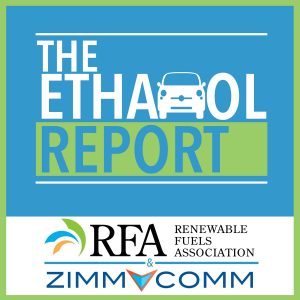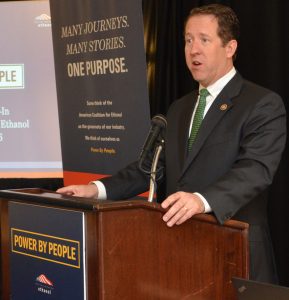 A new study commissioned by the U.S. Grains Council (USGC) and the National Corn Growers Association (NCGA) points to the importance of export markets to U.S. farmers.
A new study commissioned by the U.S. Grains Council (USGC) and the National Corn Growers Association (NCGA) points to the importance of export markets to U.S. farmers.
The study highlights the total economic impact of U.S. grain exports to be $55 billion in 2016 and also shows grain exports supporting 271,000 jobs directly or indirectly, according to Kimberly Atkins, vice president and chief operating officer for the USGC. The results are available through a complete report and also an interactive tool that breaks the information down to show the value of production and exports by state or congressional district.
“It’s important for our farmers to see the exact impact that exports are having for their exact state,” said Atkins, who said this kind of information is particularly important amid trade challenges happening right now.
“For U.S. grain producers, this report really highlights why it is that we need good trade policy in place and hopefully can be used to strengthen that conversation as we move forward in the next few months,” she said.
Atkins discusses the study in this interview: Interview with Kimberly Atkins, U.S. Grains Council











